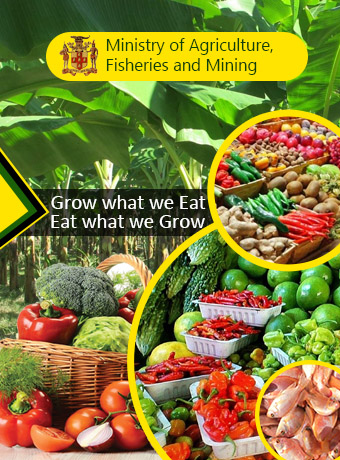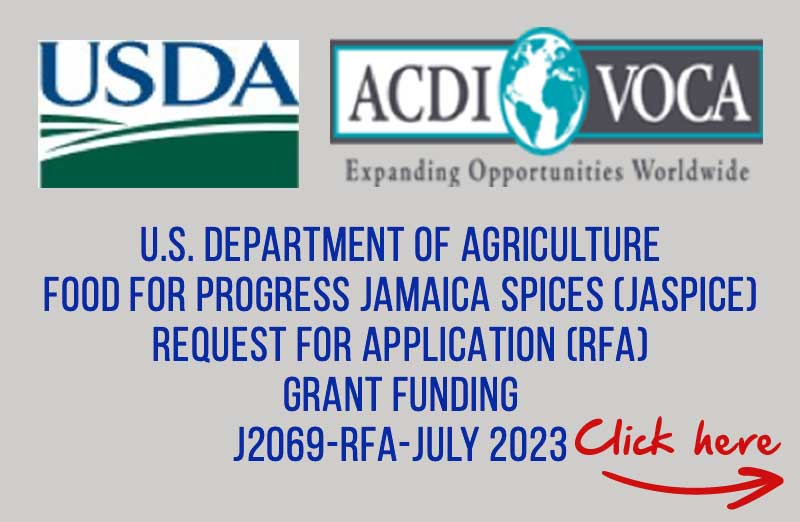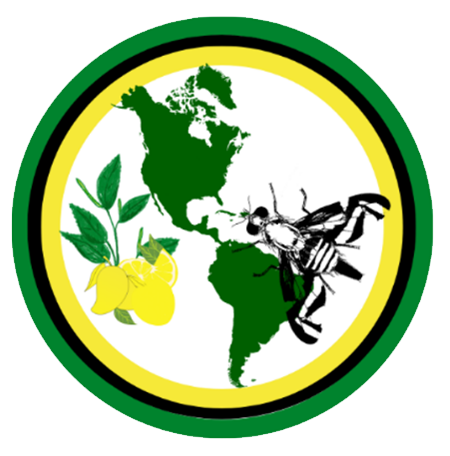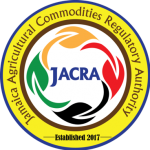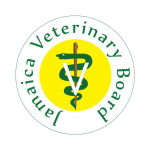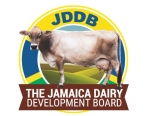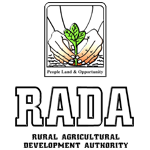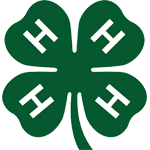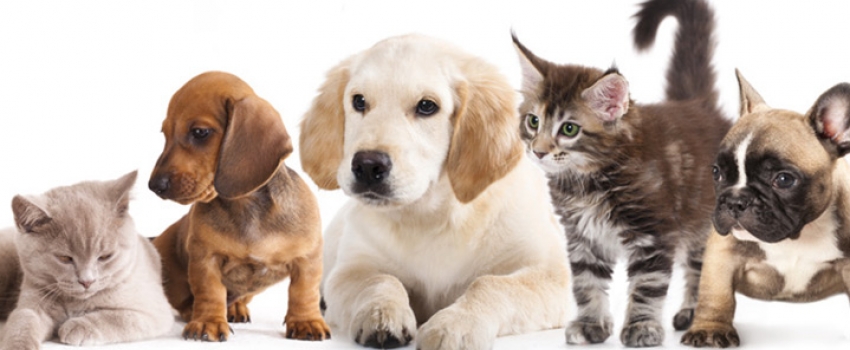
The Veterinary Services Division of the Ministry of Industry, Commerce, Agriculture and Fisheries is aware that there exists some amount of uncertainty in relation to animals and the current COVID-19 pandemic.
The Ministry wishes to advise that although experts currently believe that the virus originated from bats and may have passed through an intermediary animal, there is not enough scientific evidence to date to identify the source or to explain the original route of transmission from an animal source to humans.
There is no evidence to date that the virus can be transmitted from pets to humans or from pets to other pets nor is there any evidence to suggest that animals infected by humans play any role in the spread of COVID-19. Human outbreaks have been driven by person to person contact.
To date, two dogs are known to have tested positive for COVID-19 virus following close contact with infected humans. These two dogs exhibited no clinical signs of the disease. Most recently, based on information provided by the National Veterinary Services of Belgium to the OIE on March 28, 2020, a Belgian cat belonging to a COVID-19 infected individual tested positive for the virus after the cat exhibited clinical signs of digestive and respiratory disease. A productive viral infection is suspected but has not yet been confirmed.
The fact that COVID-19 virus infection is now widely distributed in the human population there is a possibility for some animals to become infected through close contact with infected humans. It has been shown that the immediate environment surrounding COVID-19 patients can be contaminated with SARS-CoV-2. As such, pets living with infected people naturally become exposed to the virus. It is therefore recommended that people who are sick with COVID-19 limit contact with companion and other animals until more information become known about this virus.
In keeping with international guidelines and best practice, the Veterinary Services Division will continue to work together with the Ministry of Health and Wellness utilizing the One Health approach to share necessary information and conduct relevant risk assessment where a person diagnosed with COVID-19 reports being in contact with companion or other animals.
In accordance with advice from the WHO and OIE, as a general precaution, hygiene measures should be applied at all times when handling animals and animal products. These include regular hand washing with soap and potable water after touching animals and animal products, as well as avoiding touching eyes, nose and mouth.
The public is also advised that meat, milk, eggs and other products from healthy livestock that are derived from Government/Public Health-approved establishments and prepared and served in accordance with good hygiene and food safety principles remain safe to eat. This, as the Ministry of Health & Wellness, the Veterinary Services Division, and other local regulatory agencies continue to stringently monitor the food chain in order to safeguard public health. Additionally, local livestock owners and handlers are advised that it is safe to handle and care for all healthy livestock, including cattle, pigs, sheep, goats, broiler and layer birds. Where animals appear sick, immediate contact must be made with a registered veterinarian, or with the Veterinary Services Division. As a reminder, good hygiene measures should be applied at all times when handling animals.
The Veterinary Services Division of MICAF stands ready to respond to all queries or concerns regarding this matter through our regular contact lines and email address.
Contact: 876-977-2489; 876-977-2492 or via email at vsd@micaf.gov.jm
